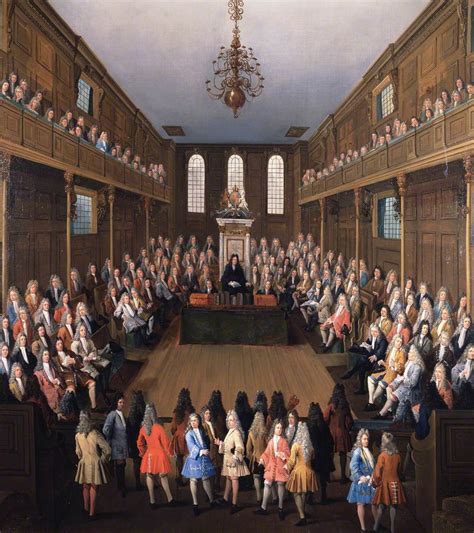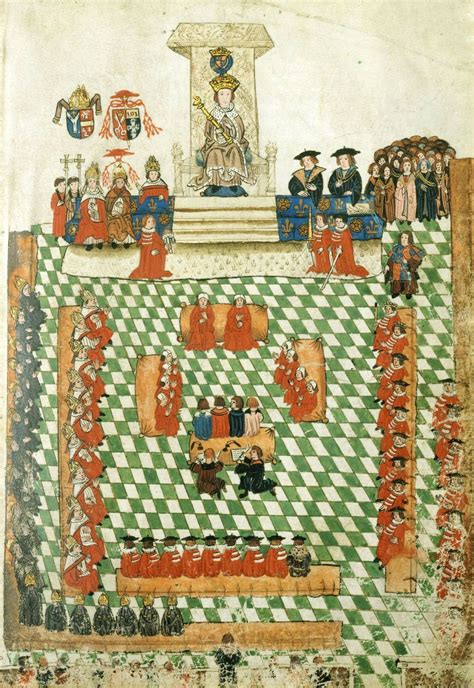tudor parliament | 17th century parliament tudor parliament At its heart was parliament, the pre-eminent representational assembly in the polity. Parliaments were central to the ambitions of the Tudor and Stuart monarchs, be that legitimising a new . Check out our faux louie vuitton jewelry selection for the very best in unique or custom, handmade pieces from our stud earrings shops.
0 · what was the reformation parliament
1 · parliament under henry viii
2 · origins of english parliament
3 · henry viii relationship with parliament
4 · henry viii and parliament
5 · first english parliament
6 · by 1500 the english parliament
7 · 17th century parliament
Fashion Show is a shopping mall located on the Las Vegas Strip in Paradise, Nevada. It was developed by Summa Corporation and Ernest W. Hahn, the latter also serving as general contractor. The mall features Dick's Sporting Goods, Dillard's, Macy's, Macy's Men's Store, Nordstrom, Neiman Marcus, and Saks Fifth Avenue.
Tudors. Parliament and politics from Henry VIII to Elizabeth I: 1509-1603. The sixteenth century has often been seen as a period of immense significance for the evolution of Parliament.At its heart was parliament, the pre-eminent representational assembly in the polity. Parliaments were central to the ambitions of the Tudor and Stuart monarchs, be that legitimising a new . How did parliament evolve from an ad hoc talking shop into a powerful assembly that could defy the king and even legitimise regime change?those historians seeking to re-write the history of Tudor parliaments have become known collectively as revisionists. The revisionists' underlying assumption is that the Tudor parliament .
Historians and literary scholars explore the rise of parliament in the historical imagination of Tudor and early Stuart England. Collectively the essays demons.The brief triumph of legalised absolutism, when an Act of parliament practically bestowed on Henry VIII unlimited powers, would at once have become intolerable if the Crown had .
TUDOR PARLIAMENTS. General. Buck, A. R. "The politics of land law in Tudor England." Journal of Legal History 11 (1990): 200-217. Choinska-Mika, Jolanta, and David M. Dean. .Tudors Elizabethan Social and Economic Legislation Social and economic legislation occupied a great deal of time in Elizabethan Parliaments and was considered, after the granting of .Henry VII summoned parliament seven times during his reign. He usually wanted extra taxation, Acts of Attainder or important but unpopular measures. Statute law had the support of the . Parliament, the original legislative assembly of England, Scotland, or Ireland and successively of Great Britain and the United Kingdom; legislatures in some countries that were once British colonies are also known as parliaments. . Under the Tudors, though it was still possible to make law by royal proclamation, the monarchs rarely resorted .
In England and Wales, the Tudor period occurred between 1485 and 1603, including the Elizabethan era during the reign of Elizabeth I (1558–1603). The Tudor period coincides with the dynasty of the House of Tudor in England, .The Tudor Parliament. London history studies, 5. London: University of London Press, 1969. 192p. [Reprinted in 1975 by Lion Library of London.] 4749. Graves, M. A. R. "'[B]y committinge of a bill the Howse allowed of the bodie thereof'. Tudor parliamentaryHistorians and literary scholars explore the rise of parliament in the historical imagination of Tudor and early Stuart England. Collectively the essays demons.Study with Quizlet and memorize flashcards containing terms like Powers of Parliament at start of period, Monarch powers over Parliament at start of period, Parliament organisation and more. Home. Subjects . Tudor Wales and the North. 15 terms. tom4445. Other sets by this creator. Kett's Rebellion. 16 terms. tom4445. Stuart Essay Info .
Henry VII summoned parliament seven times during his reign. He usually wanted extra taxation, Acts of Attainder or important but unpopular measures. Statute law had the support of the political classes: gentry, leading town citizens, nobles and higher clergy. . 1 Consolidation of the Tudor Dynasty 1485-1547. 1.1 Henry VII 1485-1509. 1.1.1 .
what was the reformation parliament

parliament under henry viii
On 5th October 1553, the first Parliament of Mary I's reign met. It repealed the "treason act" of Edward VI's reign, passed an act declaring the legitimacy of Mary I, repealed the religious legislation of Edward's reign, and reinstated the Mass in Latin, celibacy of the clergy and ritual worship. It was as if the reformation of Mary's half-brother's reign had never happened. When did Parliament meet during Mary’s reign? 5 October 1553 to 5 December 1553 2 April 1554 to 5 May 1554 12 November 1554 to 16 January 1555 . 19 July – Mary Tudor proclaimed queen of England. Immediate & rapid religious changes ensue. September – Bishops Bale, Coverdale, Ponet, Scory & Barlow are deprived of their offices .

This excellent survey looks at the workings of parliament under the first four Tudor monarchs. After an introductory first section which looks at parliament's medieval origins, the author then considers all aspects of early parliamentary history - including the historiography of the early Tudor parliaments, membership and attendance, the legislative roles if the Lords .
Like today, the Tudor Parliament consisted of the House of Lords (the Upper House) and the House of Commons (the Lower House). In the Lords sat the bishops and the aristocrats, and in the commons sat the common people. Although elections were held for the lower house, who was made a member of parliament depended very much on who was supported .D. Colclough, ‘Freedom of Speech in Parliament’, in Freedom of Speech in Early Stuart England, 120-95. By the mid-sixteenth century it was customary that at the opening of Parliament newly chosen Speakers would request confirmation of the ‘ancient liberties’ of the Commons, namely freedom of speech and ‘privilege’ from arrest during .the Reformation relied on legitimation by Parliament. Moreover, given the initial low legitimating power of Parliament (particularly the House of Commons), the Tudors labored to promote Parliament’s legitimating power in various ways such as increasing its size and relying on acts of Parliament in new policy domains such as succession.
The Parliament of England was the legislature of the Kingdom of England from the 13th century until 1707 when it was replaced by the Parliament of Great Britain.Parliament evolved from the great council of bishops and peers that advised the English monarch.Great councils were first called Parliaments during the reign of Henry III (r. 1216–1272).By this time, the king required .Parliament passed legislation such as the Act of Supremacy and the Treason Act in 1534. Henry VIII and Cromwell had relied on Parliament to pass the necessary legislation. This was new ground because: It gave Parliament a role in changing the country’s religion. It acknowledged the need for parliamentary agreement to secure such important .Tudors. Parliament and politics from Henry VIII to Elizabeth I: 1509-1603. The sixteenth century has often been seen as a period of immense significance for the evolution of Parliament.
In Tudor times most important decisions concerning government were made by the king or queen and a small group of advisers called the Privy Council. However, before these decisions became law, they had to be passed by Parliament. Parliament was the .At its heart was parliament, the pre-eminent representational assembly in the polity. Parliaments were central to the ambitions of the Tudor and Stuart monarchs, be that legitimising a new dynasty, funding a military campaign, or imposing religious doctrine. How did parliament evolve from an ad hoc talking shop into a powerful assembly that could defy the king and even legitimise regime change?
those historians seeking to re-write the history of Tudor parliaments have become known collectively as revisionists. The revisionists' underlying assumption is that the Tudor parliament is still essentially what Neale described as a 'legislative and taxing body, its meetings intermittent'.Historians and literary scholars explore the rise of parliament in the historical imagination of Tudor and early Stuart England. Collectively the essays demons.The brief triumph of legalised absolutism, when an Act of parliament practically bestowed on Henry VIII unlimited powers, would at once have become intolerable if the Crown had employed those powers so as to arouse popular resentment.TUDOR PARLIAMENTS. General. Buck, A. R. "The politics of land law in Tudor England." Journal of Legal History 11 (1990): 200-217. Choinska-Mika, Jolanta, and David M. Dean. "Representation and accountability: a comparison of early modern England and Poland." Parliaments, Estates & Representation 21 (2001): 91-101.
Tudors Elizabethan Social and Economic Legislation Social and economic legislation occupied a great deal of time in Elizabethan Parliaments and was considered, after the granting of taxation, to be the primary function of the House of Commons.

origins of english parliament

where can you buy chanel earrings from
Find many great new & used options and get the best deals for Original IBM ThinkPad X220 Tablet X220i Tablet Fan Assembly Sv/lv 04w1774 at the best online prices at eBay! Free shipping for many products!
tudor parliament|17th century parliament



























